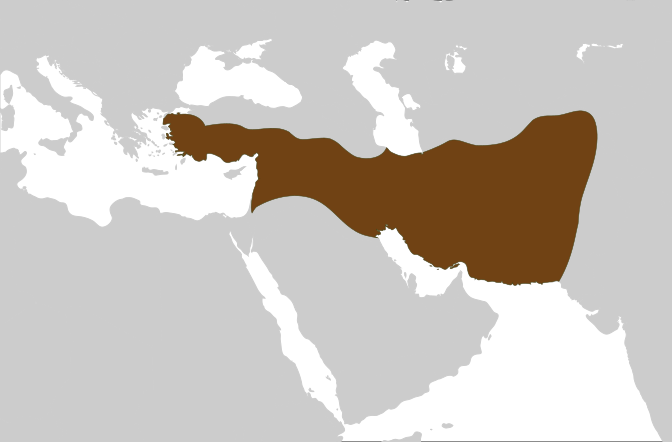Phantasman
Well-Known Member
I don't see how Islam or Buddhism know Christ. The orthodox catholic ideology didn't even know Christ. If they did, they would have taught the gospel of such. Not a form of Judaism. (Galatians 1).I am only referring to whatever possible evidence exists in terms of history, but in the case of Jesus, or Yeshua, no body was recovered so we don't know that he actually died as a result of his crucifixion. There are theories in which he may have been cared for and then spirited off via of a deal between friends and family with the Romans to the Buddhist Hemis monastery at Leh Ladakh, in the Himalayas, where he was known to the monks as 'our beloved St. Issa', the deal being the reason his legs were not broken while those of the other two crucified were broken.
"Issa (or Issi) is a corrupted form of the Skt. Rishi (or Riksha). Issa is how the Muslims call Jesus Christ, whom they acknowledge as a sort of saint. The Rishis are the "Sages" or "Seers" who revealed the Vedas (Hindu evangels) to the world. They date from Vedic times in India, being far older than the times of Christ, and even of Israel as a Biblical nation in Palestine. The Rishis are widely worshipped in the Far East, whence their cult passed to the Near Orient and, thence, through Alexandria, into Greece and Rome.
The several etyms of the name of Jesus/Issa in Sanskrit reveal the Indian origin of both his myth and his onomastic. Isha (or Ishan or Ishwa) means "Lord", as we already said. Emmanuel or Manuel derives from Manu-el, that is "Lord Manu", meaning "Saviour Lord". Ishva (read "Ishwa") means "Master" ( = Rabbi, a frequent designative of Christ). Ishi (or Isha) means "Rishi", that is, "the one who reveals the Evangels", like the Seven Rishis, who preceded him, and whose myth he copied.
The Essenes — from whom most of the doctrines allegedly preached by Jesus were copied — called such initiates and prophets by the name of Issar (plural Issarim). In Sanskrit (the sacred language of India in which such myths were composed) many etyms are telltale of the true origin of the myth of Christ. In it, Ishu means "missile" and, more exactly "envoy", "messenger", emissary". Jesus/Ishu is thus "the Celestial Messenger" or "Angel" (Angelos in Greek means just this), the avatar commemorated in the Mass (Latin Missa = Emissa = Emissary").
Isha also the same as Rishi (or Riksha or Rishabha), meaning the sacrificial bull (or lamb) that represents the Saviour in many ancient traditions, as well as in Christianism. Isha also means the Elixir (Soma), to which Christ is mystically identified. In fact, Soma is an ancient Hindu god whose sacrifice — the same one aped verbatim in the Christian Mass — results in the production of the Elixir (or Eucharist), precisely as in Christianism."
http://www.rickrichards.com/jc/JesusComment2.html
Jesus as Christ was a mouthpiece of spiritual truth. Not a god. Word=knowledge. Flesh profits nothing.

